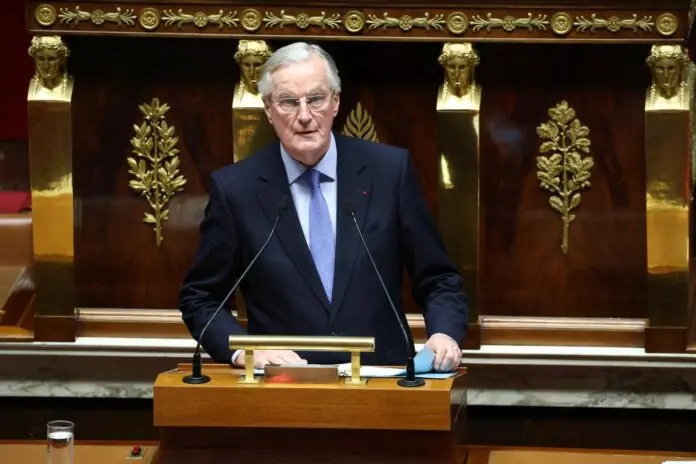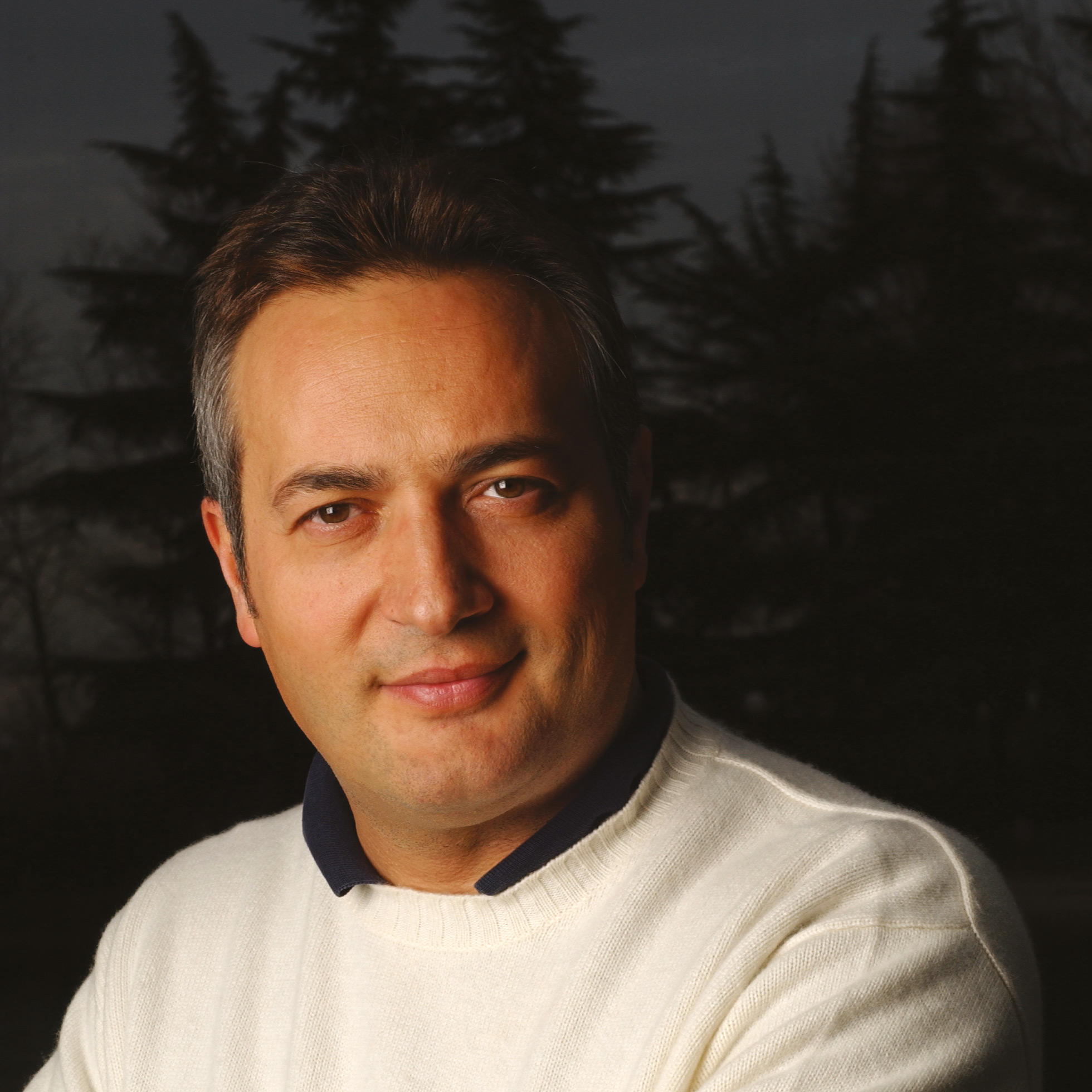The French crisis concerns us all. France is a historical ally of ours—beyond the occasional scuffles and mutual parochialism—an economic partner, and one of the founding members of Europe. Together with Germany, it has held significant power in recent years. Today, however, it is a giant grappling with economic and political turmoil. The young prodigy hailed as the savior of a glorious future, the man “en marche” like his initials, Emmanuel Macron, has lost his way.
This isn’t the place for a detailed analysis of his mistakes, but from the gilets jaunes protests to Islamic and social uprisings—think pension reforms—he hasn’t gotten anything right for a while. His muddled vision of migration policies has fueled the meteoric rise of Marine Le Pen, who triumphed in the last European elections. And there, Macron behaved like a figure straight out of ancient Byzantium—from which the term “Byzantine” derives. In politics, it denotes a convoluted, cynical, cerebral, and courtly approach.
To counter the right, he called snap elections, won with the left-wing coalition, but then formed a minority government with the conservatives, relying on the external support of the Rassemblement National. However, political knots inevitably tighten: when it came time to approve an austerity budget, Le Pen pulled the plug. Asking her to sacrifice political capital to save Macron’s not-so-empathetic face was indeed a step too far—even for Byzantine politics.
Now, the right is hoping for Macron’s early resignation and a chance to claim the Élysée Palace. Meanwhile, public debt continues to rise, and Europe is growing increasingly worried. One of its major stakeholders is faltering, and so is Germany, with strikes disrupting its former national jewel—the auto industry—brought to its knees by the blindness of Europe’s green transition policies.
It’s a delicate moment, and for once, we Italians aren’t the ones being lectured.


